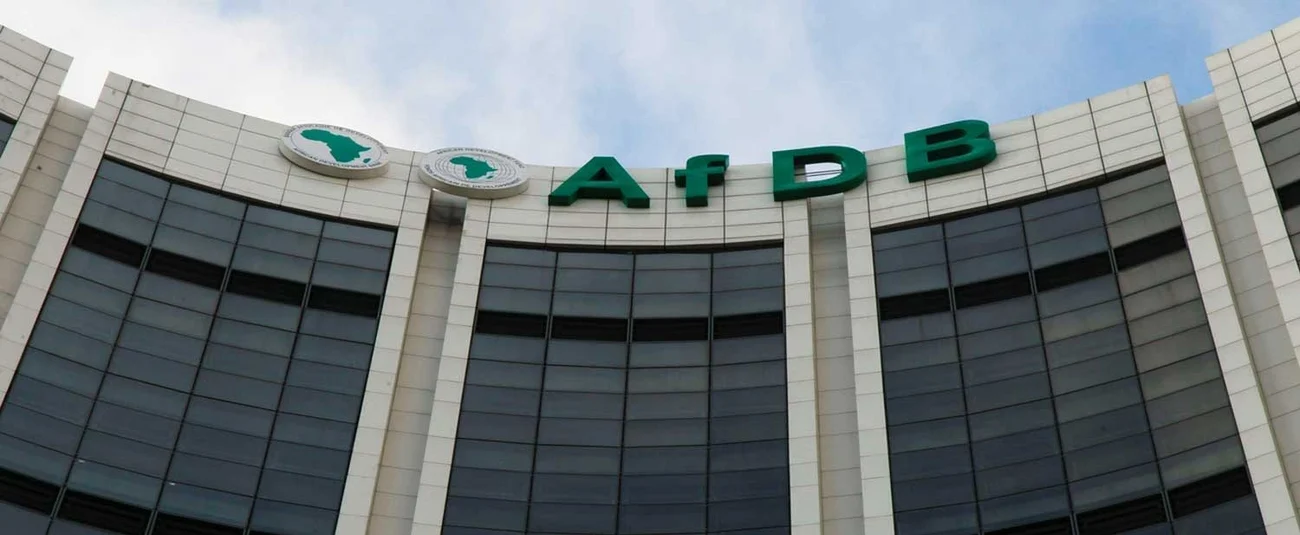By Adeyemi Adekunle
At the forefront of climate change action, the African Development Bank Group (AfDB) has announced a groundbreaking initiative aimed at fostering sustainable growth across the continent.
During a pivotal bilateral meeting at the UN COP29 climate summit, Prof. Anthony Nyong, the Director of the Bank’s Climate Change and Green Growth Department, outlined the AfDB’s strategy to mobilize €16 million for its African Circular Economy Fund (ACEF).
The discussions took place on the sidelines of the summit, where Prof. Nyong met with Dr. Afke van Rijn, the Director General for Environment and International Affairs at the Netherlands’ Ministry of Infrastructure and Water Management.
This meeting symbolizes the collaborative efforts needed to address the pressing climate challenges facing Africa, while also emphasizing the vast economic potentials of adopting a circular economy model.
Prof. Nyong emphasized the urgent need for a paradigm shift in how Africa manages its resources, stating, “The circular economy offers enormous potential to combat greenhouse gas emissions related to food production, material usage, and land management.” As climate change intensifies, the necessity for innovative, sustainable practices becomes increasingly crucial for a continent that relies heavily on agriculture and natural resources.
Launched in 2022, ACEF stands as a unique multi-donor trust fund dedicated solely to promoting circular economy strategies across Africa. These strategies focus not just on environmental sustainability but also on inclusive economic growth that benefits all demographics, including the most vulnerable populations.
Prof. Nyong expressed gratitude to the Government of Netherlands for their ongoing support, noting how their commitment to hosting the World Circular Economy Forum since 2021 has elevated the conversation around sustainable practices.
“The Netherlands’ role as a global leader in environmental initiatives has significantly bolstered our efforts at the AfDB,” remarked Prof. Nyong. He pointed out several strategic initiatives backed by the Dutch government, including AFAWA (Affirmative Finance Action for Women in Africa), the African Legal Support Facility (ALSF), and a significant €100 million Climate Action Window. Additionally, the €25 million commitment to the African Development and Resilience to Food Insecurity (ADRIFFI) project exemplifies the Netherlands’ dedication to ensuring food security alongside climate resilience.
Highlighting the early support from the Netherlands, Prof. Nyong praised their role in aiding the African Circular Economy Alliance (ACEA) during its initial stages. The €4 million funding received has been instrumental in creating pathways for various African governments and Micro, Small, and Medium Enterprises (MSMEs) to develop and implement effective circular economy roadmaps.
Countries such as Benin, Cameroon, Chad, Ethiopia, and Uganda are already reaping the benefits of AfDB’s interventions, which provide tailored support in crafting these roadmaps. Furthermore, nations like Rwanda, Ghana, and Côte d’Ivoire are being equipped through the AfriCircular Innovator programme, aimed at empowering youth to generate green jobs and expand local value chains through technical assistance and grant offerings.
Despite the momentum building around circular economy initiatives in Africa, Prof. Nyong highlighted a burgeoning demand for support that significantly exceeds current funding capacities. “The need for assistance far outweighs the resources we have available,” he lamented, emphasizing that as ACEF transitions into a more impactful phase of growth, the focus will remain on strategically mainstreaming circular economy principles into various sectors across the continent.
This vision is critical not only for addressing climate challenges but also for fostering economic empowerment, particularly among Africa’s youth. In a continent where unemployment and underemployment rates are alarmingly high, the potential for creating green jobs through circular economy initiatives offers a beacon of hope.
The AfDB continues to champion a vision where environmental sustainability and economic viability coexist, providing a roadmap for Africa’s development in the face of unprecedented climate challenges. The enhancement of ACEF is a testament to the AfDB’s commitment to unlocking the vast potential of the circular economy as a transformative force for communities across Africa.
As the world watches the developments emerging from the COP29 summit, the actions taken by the AfDB and its partners will undoubtedly set a precedent for future international collaborations aimed at achieving sustainable development goals.
In a time when climate change threatens the livelihoods of millions, initiatives like the ACEF represent vital opportunities for profound and lasting change in Africa, promising not only to tackle greenhouse gases but also to safeguard the future of countless communities.
The path ahead may be challenging, but with the unwavering support of international partners and a commitment to innovative solutions, Africa stands on the brink of a new era defined by sustainability, resilience, and inclusive growth.




